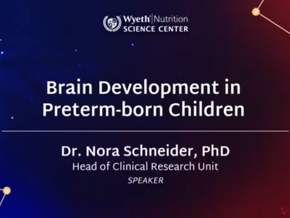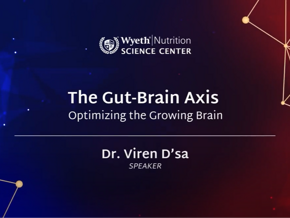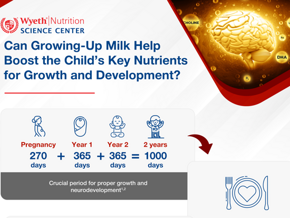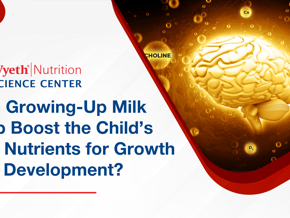The fats of life in early childhood brain development by Dr. Ryan Carvalho
Over the last few decades, epidemiological, clinical, and interventional studies have taught us that the developmental origins of health and disease often begin very early in life. We have also learned that growth and development is heterogeneous across time. While social, emotional, and cognitive development continues through adulthood, a significant amount of the brain’s structure and capacity is shaped early in life before the age of 3 years.
Among the factors that influence early brain development is nutrition, which plays an important role during fetal development and throughout postnatal life. Through decades of epidemiological and outcome research, we know that different nutrients have specific roles in brain development during different stages of structural and functional development. While the role of some of these nutrients like polyunsaturated fatty acids (PUFAs), docosahexaenoic acid (DHA), and iron are well understood, other nutrients like lutein, choline, and phospholipids are less well known.
Reference:
Dr. Ryan Carvalho. World’s 1st Congress across Social Medial on Child Nutrition, Brain & Cognition (NBC). 2019
WYE-EM-040-FEB-20
If you liked this post you may also like



